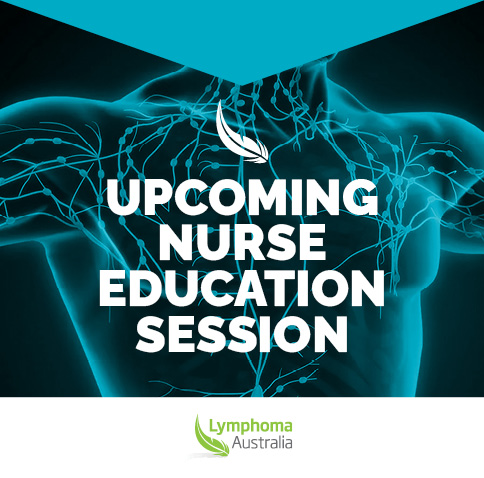PLEASE ENSURE YOU COMPLETE THE FORM BELOW TO REGISTER. IF YOU ONLY ADD IT TO YOUR CALENDAR YOU WON’T BE REGISTERED PROPERLY AND WON’T RECEIVE THE LINK.
What is Intersectionality? Intersectionality is the way that factors such as race, class, gender, disability and sexuality intersect to shape each other within broader structures and processes of power.
Join A/ Professor Nada Hamad as she provides more insight into Intersectionality and the impact it has on our patients and the awareness we should have as nurses. A/Prof Nada Hamad is a senior staff specialist bone marrow transplant, cellular therapies, clinical and laboratory haematologist at St Vincent’s Hospital in Sydney, where she is the director of the haematology clinical trials unit. Nada is an incredibly accomplished haematologist who wears many hats. Nada is an intersectional feminist with an academic interest in gender equity, diversity and inclusion in medicine.


